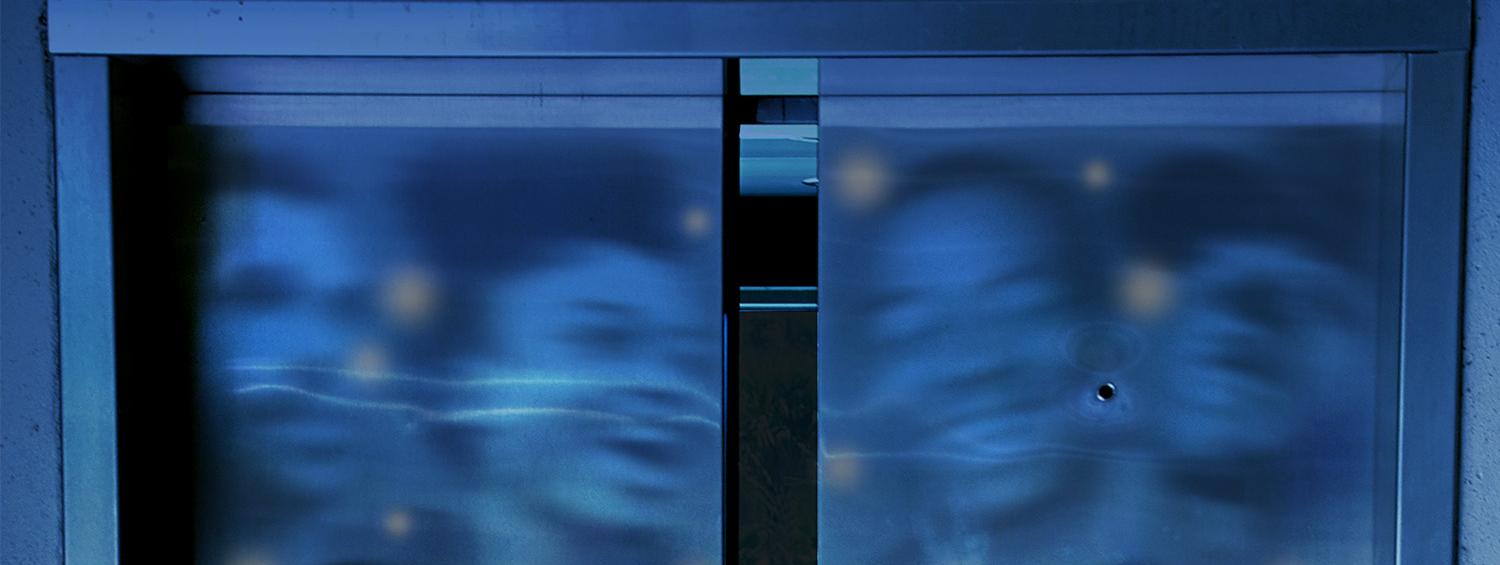From the Program Note:
From its humble beginnings in 1970s New York, hip-hop has become a worldwide musical and cultural phenomenon, giving marginalized communities a strong and dynamic voice with which to foster dialogue and inspire activism. Combining stylized, rhythmic music and tracks with poetic speech, hip-hop (and its allied form, rap) has influenced not only every music genre that followed it, but the fields of fashion, language, and many more cultural trends.
While most contemporary theatergoers will recognize hip-hop in the recent works of Lin-Manuel Miranda (Hamilton, In the Heights, and Freestyle Love Supreme), the genre has a long history in musical theater. In the 70s and 80s, shows like The Wiz and Dreamgirls began adopting hip-hop as part of their musical language, giving mainstream audiences their first taste of the fusion of genres. .
But it was George C. Wolfe and Savion Glover’s musical revue of hip-hop and funk songs, Bring in ‘da Noise, Bring in ‘da Funk in 1996, which established the form as a vital part of the American theater field. Following events in Black history such as slavery, the Great Migration, and the Harlem Renaissance, Noise/Funk showed the possibilities of hip-hop as a primary method of storytelling within mainstream musical theater. The popularity of Miranda’s Broadway musicals In the Heights and Hamilton, which became popular far beyond just the theater or hip-hop community, demonstrates the lasting power of hip-hop on Broadway and beyond.
Hip-hop theater has collaboration at its center, with writers, actors and directors creating pieces by and for those who grew up immersed in hip-hop culture. Hip-hop theater pieces often feature the genre’s main elements: DJing, rapping, electronic beats, and breaking (break dancing). The stories told often depict current social issues in urban areas, and an individual’s struggle to find meaning and empowerment. Sometimes, these themes are told through revising classic pieces, such as the work of the Q Brothers, the fairytale retelling Into the Hoods (2010) or Will Power’s The Seven (2006), which retells ancient Greek playwright Aeschylus’ Seven Against Thebes. Other works are more original to the genre, like Flow (2003) or the Tupac Shakur tuner Holler If Ya Hear Me (2014). Whether through a focus on dance and music or laying hip-hop style over traditional scripts and stories, hip-hop theater is one more entry in the long list of the form’s innovations, a list that started in the 1970s to become a cultural juggernaut, and one of America’s most influential contributions to world culture.
Additional Sources:
Article: Hip-hop’s 50-year influence on musical theatre revealed in new book
Article: The History of Hip-Hop on Broadway
Article: Hip Hop: A Culture of Vision on Voice






